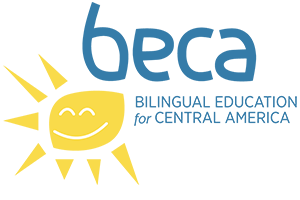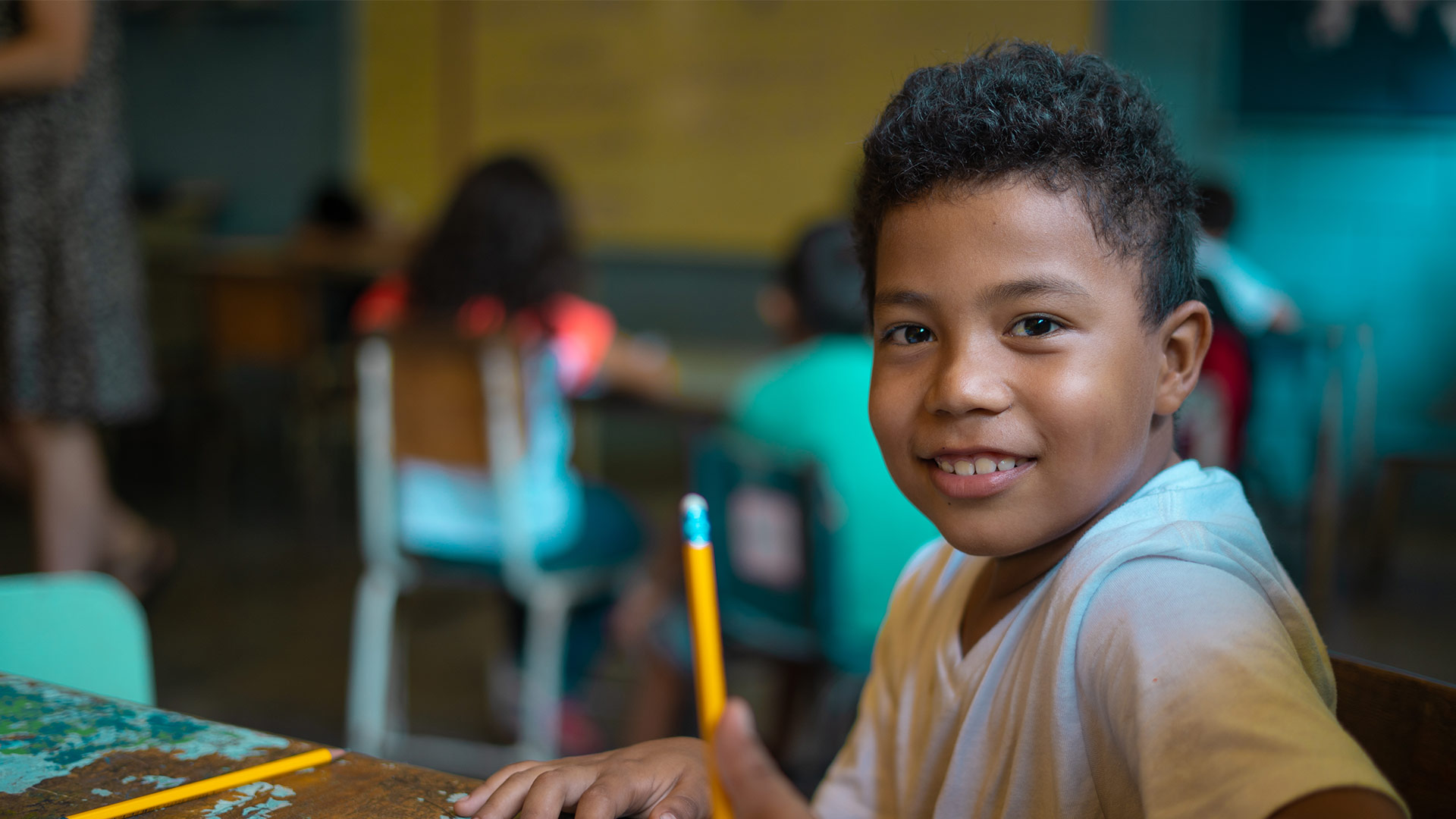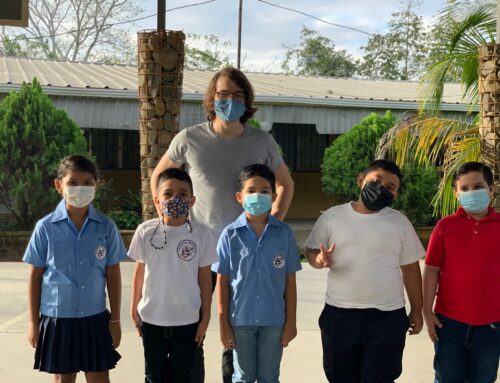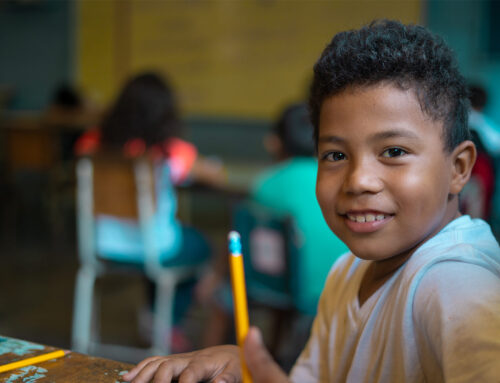Picture this: Me, a newly graduated, newly arrived in Honduras, newly trained preschool teacher on my first home visit with a student’s family.
Berenice and I walked with her two older brothers to her house not far from the school after class was over. Like all of her classmates, Berenice didn’t speak any English and had never been to school before. She was excited to show me her home and chatted with me in Spanish, tugging my hand and saying, “Miss,” when she wanted me to really pay attention. When we arrived, her mother immediately began preparing food for me, as many Honduran families express love and generosity through food. We were having a nice conversation when suddenly Berenice’s mom gave me instructions to run to the nearby pulperia (a Honduran mini-market, kind of like a bodega) and grab a bottle of Pepsi. She encouraged me to use her bicycle, which had a plastic car seat on the back for Berenice’s little brother, Yeicob. Before I could muster the Spanish to protest that I really didn’t think it was a good idea, I found myself biking down a bumpy dirt road with my student’s 3-year-old baby brother in the child seat behind me, trying hard to balance and terrified I would crash. It was overwhelming to say the least, but today it’s one of my strongest, earliest memories from the two years I lived in Honduras.
I visited Honduras again in January of this year. I was able to visit some of my former students, reconnet with friends, and eat as many tortillas as possible. Now Berenice and the rest of her class are big third-graders who speak English in complete sentences and blow me away with their giant vocabularies. One day after school, I went over to Berenice’s again. Now her oldest brother has graduated from SJBS and her youngest brother, Yeicob, is in Prepa and learning English just like Berenice when I met her. We ate big slices of watermelon, getting sticky juice all over our chins and hands, and I caught up with her mother, Sandra, who has always welcomed me into her home with a generosity that can be matched by few others in the world. Berenice and Yeicob played hide-and-seek with me and kicked my butt at soccer, while her older brother, Anderson, made riding a rip stick look impossibly easy. It felt comforting and familiar to be on a home visit again with people that I love and constantly miss now that I live in the United States.
Eventually Berenice and Yeicob wanted to go for a bike ride. In Honduras, many extremely talented people have the ability to balance a person on the handlebars of their bike while riding. In Cofradía, you’ll often see a full-grown man or woman sitting on the front of the bike while a second person peddles. I don’t understand it, and I certainly don’t have the skills to do it. But Berenice and her brothers had confidence where I didn’t. They pulled out that same old bike I had first ridden almost four years ago, and Yeicob crawled into the back while Berenice sat between my legs on the bar behind the handlebars. They both laughed at me as I paused before rolling forward. I had been terrified riding with just one small child on the bike before—now I had two kids that I was responsible for and would take down with me if I crashed this bike.
But we didn’t crash. I kicked off, found my balance, and started peddling down the dirt road. Berenice and Yeicob laughed and Anderson jogged alongside us, telling me about his new teacher and his class. We biked down to the school, waving at other students and catching up. I went over several dirt tumulos (speed bumps) and didn’t fall. It’s rare that you experience a happy moment and realize it while it’s happening, but riding that old bike with Berenice and Yeicob and feeling confident that I could take care of them, I knew how happy I was. It was exhilarating and incredible to see the difference four years had made. We turned around at SJBS and biked to Berenice’s neighbor’s house, where I saw a pet deer and a chancho del monte, a hairy pig-like animal I had never seen before. Yeicob shrieked with joy when the deer licked his hand and Anderson schooled me on facts about this chancho.
It was one of those amazing home visits that are possible when you teach with BECA in Honduras and that would be hard to imagine happening in any other context. Making connections with my students’ families and getting to see their home lives was an integral part of my experience in Honduras, something that got me through stressful times. I always knew I could call Berenice’s mother and schedule a visit, or walk to Andrea’s house to hang out after school, or visit Andres’s family business and chat over coffee and pan. Home visits are also where I practiced the reciprocity that is a key value in BECA’s work. While I taught English, math, and science to my students, I learned so much from them, their families, and the community I lived in–not only about chanchos del monte but also about Honduran culture, history, and politics. When I miss Honduras, which is often, I remember those experiences and feel so lucky that even years after I was their classroom teacher, I can still share happy, special moments with my students and their families in Cofradía.







